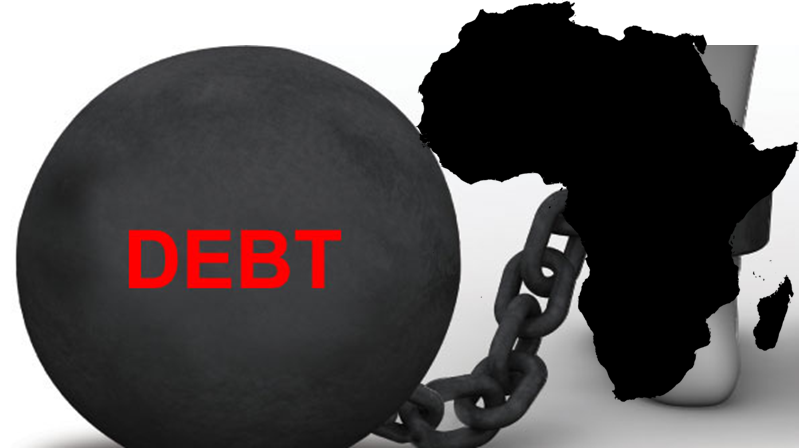The African Development Bank (AfDB) yesterday warned of the implication of rising debt burden in Africa, saying Africa’s debt servicing has hit $74bn.
It stated that Nigeria and other African countries would require an average of $10 billion annually for debt refinancing between 2025 and 2033.
This revelation emerged on Monday during the launch of the Debt Management Forum for Africa (DeMFA) in Abuja.
The bank which decried the rising debt in Africa stressed the need to adopt debt policies that promote sustainable growth and economic transformation.
Daily Trust reports that Africa’s debt hit $1.3 trillion as of 2023.
Nigeria alone has a debt burden of over N100 Trillion with the debt burden projected to hit N138 Trillion going by the recent loan requests.
Speaking at the hybrid event, which was its inaugural policy dialogue on “Making Debt Work for Africa: policies, practices, and options” AfDB Vice President and Chief Economist, Professor Kevin Chika Urama, stated that Africa’s debt rose by 170 per cent since 2010.
He revealed that the debt servicing would hit $74bn in 2024, saying private creditors account for 54 per cent of the amount.
He said, “This shift toward private debt ownership presents both opportunities and challenges, with African nations paying up to 500 per cent more in borrowing costs from private markets compared to multilateral development banks like the AfDB and the World Bank.
“Africa’s debt service costs have however risen sharply, diverting resources away from infrastructure investment, thus constraining future GDP growth and economic transformation. For 49 African countries, average debt service cost rose sharply from an average of 8.4 percent of GDP in 2015–19 to 12.7 percent in 2020–22.”
Also, Coordinating Minister for the Economy, Wale Edun lauded the establishment of the DeMFA, noting its significance in addressing the unique debt management needs of Africa’s 54 nations. He charged the DeMFA with becoming an innovative platform to deliver solutions beyond existing debt management practices, particularly in light of Africa’s growing debt distress.

 Join Daily Trust WhatsApp Community For Quick Access To News and Happenings Around You.
Join Daily Trust WhatsApp Community For Quick Access To News and Happenings Around You.


